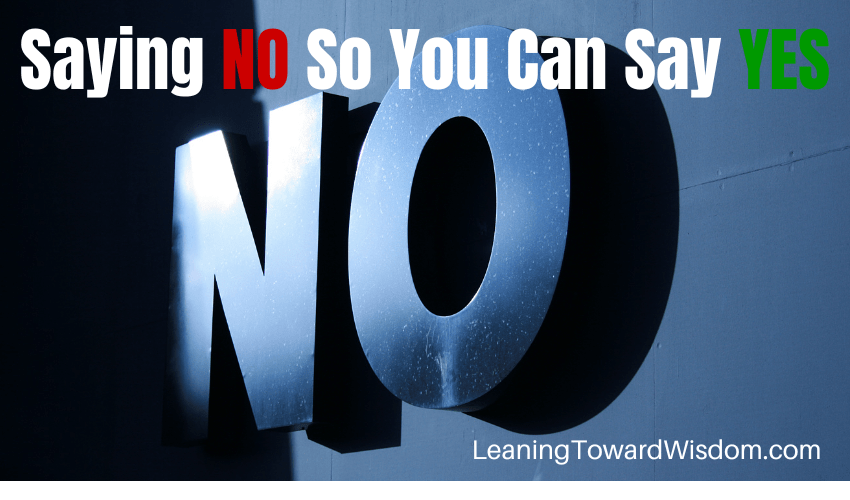Podcast: Play in new window | Download (Duration: 43:28 — 19.9MB)
Subscribe: Apple Podcasts | Spotify | iHeartRadio | Email | RSS | More
It starts with an innocuous request, but you notice it’s not a request as much as information — or a subtle command. The person on the other end of the phone is telling you what they’re going to do. The problem is that it involves having you do something for them. Something you never agreed to, and something that is an imposition. Worse yet, it’s not a close family member. We’re mostly ready, willing, and sometimes able to serve our immediate family members with requests that seem otherwise loaded with gall. 😉
Not so this time. This is a friend. I use that term very loosely. The friend is just calling to inform you of what you’ll be doing for them because they need it and expect it. No questions are asked. No consent is offered on your part because it’s just not necessary. This “friend” has called with 100% expectation that you’ll meet their need.
There’s not the obligatory, “Would you…?” or “Could you…?” They don’t even ask how you’re doing, or if you’re up to your ears in your issues. The tone in their voice tells you that they know you have nothing going on nearly as important as what they’ve got going on.
Or, it’s the person who invariably calls you with instant ramblings of something only within seconds (or a few minutes at most) of telling you they need to go because they’ve: a) got another incoming call, b) got another call they need to make or c) got something pressing they must do. Translation: I called you because it was important for me to tell you this thing (which is NEVER important at all, or even substantial)…but now that I’ve told you, I have no further need for you.
In recent months several close friends lament how often they get such calls. I listen intently to these stories, growing increasingly shocked at the audacity people display toward “friends.” Each time I’ve repeated one story that happened to me over 20 years ago when a “toxic” friend asked me to do something professionally for him. I was home nursing fever and nausea at the time, but I got out of bed, dressed up, and attended a business meeting to help him out. I’ll spare you the details except to tell you it was the last time I ever did anything for him. Instead, a few months later I made up my mind to rid myself of as many of the toxic people in my life as possible. He was first on the list.
All take, no give – that’s the best phrase I know of to describe toxic people who are always imposing on you without any regard for what may be happening in your life. And while I’m happily telling you that you should learn to say, “NO!” to them so you can say “Yes!” to better people – that’s not the point of today’s show. But it could be. People matter. Good people matter to help us. Bad people matter because they damage us. That makes it urgent for us to figure out when to say no so we can say yes.
But I’m thinking more about creative endeavors. Particularly, podcasts and content (whether it’s writing, audio or video). I’m thinking of the YES that first requires a NO. Mostly, I’m thinking about my consumption and creation. On one hand, I’m the audience. On another, I’m the creator. So what’s the difference? And how does saying NO so we can say YES play into it all?
Let’s try to figure it out.
I’m asking for a favor that I hope is NOT an imposition. Email me your feedback about this podcast to RandyCantrell [at] gmail [dot] com
I want to make Leaning Toward Wisdom more impactful – more meaningful – for YOU. I don’t quite know how to best do that, but I have a high degree of willingness.
Mostly, I want to say NO to whatever devalues this podcast for you so I can say YES to whatever might make Leaning Toward Wisdom serve you better!

Please tell a friend about the podcast!
